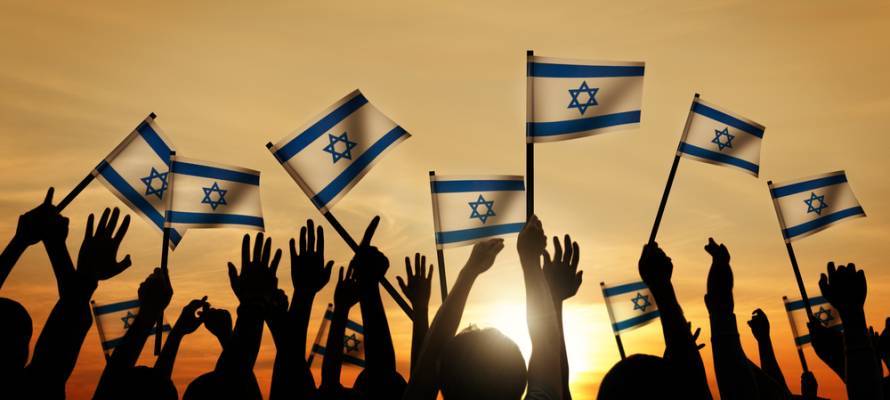A Jew must remember that while his celebrations might be personal, they can never be totally disconnected to the nation.
By Rabbi Ari Enkin, Rabbinic Director, United with Israel
This week’s Torah portion is “Vayikra” (Leviticus 1:1 – 5:26), and it discusses the ancient procedures of animal sacrifices that took place in the Tabernacle, and later in the Holy Temple.
Although the sacrifices are no longer, there are actually many different rituals and customs that are practiced even nowadays in order to recall the ancient sacrifices, a topic which is beyond the scope of this article. Instead, we will look at an important lesson that can be derived from the details of two such sacrifices.
There was a sacrifice, known as the “shelamim” (“peace”) sacrifice, which was a voluntary sacrifice that one might offer to celebrate a personal event or as an act of thanksgiving. The fats of the animal were required to be burned on the altar while the meat of the animal was eaten by the one who had offered it (though some of the meat might have been given to the priests to enjoy, as well).
But there was an intriguing requirement about the burning of the fats. We are told that the fats of a shelamim offering had to be burned on top of an “olah” offering. This requirement is somewhat odd. One would have expected the Torah to simply tell us that the fats of the shelmaim should be burned. The requirement to burn them on top of the remains of the olah offering is somewhat unexpected. The olah offering was the daily offering that was brought by the priests on behalf of the entire nation every morning and afternoon every single day of the year. It was the first sacrifice to be offered each day. In fact, no offering was permitted until the olah sacrifice was brought.
So, why are the fats of the shelamim offering being associated with the olah offering?
As mentioned, one would bring a shelamim offering in order to celebrate some kind of event or milestone. The meat of a shelamim sacrifice was required to be eaten within two days of its offering. Such a large amount of meat, however, with a limited time frame to consume it all, necessitated that the one bringing the offering include family and friends in the celebrations. It was far too much meat for one person or even one family to eat within two days. This turned into a major event!
On the other hand, the twice-daily olah offering, which was burnt in its entirety, was not a celebratory offering. Rather, it represented a more humble, sober form of service to God. No one ate it. There was no family gathering or joint celebration. The olah offering was a national offering; the shelamim offering, a personal one. The olah offering was an obligation; the shelamim offering, voluntary.
Now back to the fats of the shelamim offering.
By commanding that the fats of the shelamim be placed upon the daily olah offering, the Torah is sending us a message that our united national service must be connected with our personal celebrations. It’s a message of “all for one and one for all.” The Torah is telling us that our national service of one nature (somber submission) must be combined with our personal service of God of another nature (joy and celebration). Both ideas are vital to our service of God. Hence, there must be a combined effort, a combined symbolism, a combined offering.
A Jew must remember that while his celebrations might be personal, they can never be totally disconnected to the nation. Whether in good times or bad, the connection between the shelamim offering and the olah offering reminds us that we are one nation. We must remember that personal celebrations (and distresses) of ours and others must always be connected with the challenges and responsibilities of the nation.
